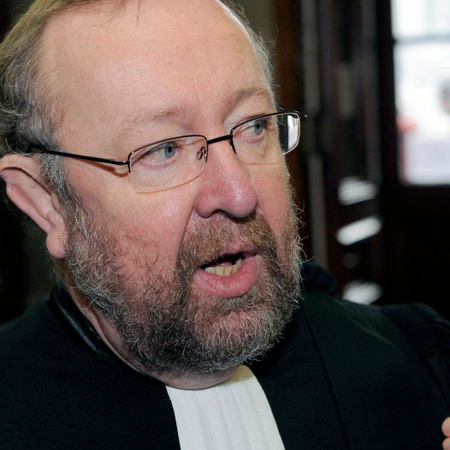11 months: this is the time spent by the French international Lassana Diarra without playing football as he had no playing contract with a professional club. This period of inactivity - particularly long for a player of this level - is due to his condemnation by FIFA in April 2015, as a result of the breach of his contract with the Russian club Lokomotiv Moscow without just cause. More specifically, it is a direct consequence of the legitimate fear of clubs potentially interested in his profile of being jointly and severally sentenced under Article 17.2 of the FIFA Regulations on the Status and Transfer of Players to pay EUR 10 million, as determined by the FIFA Dispute Resolution Chamber (DRC) and confirmed by the Court of Arbitration for Sport (CAS). This was particularly the case for the Belgian club Sporting Charleroi. Faced with this prejudicial situation, the player has decided to take the matter to Court and to denounce the provisions of the FIFA Regulations as contrary to the EU Law. Finally, on 19 January 2017, the Belgian Commercial Court of Charleroi rendered its decision and sentenced FIFA and the Belgian Football Federation (URBSFA). It considers that the aforementioned Article 17.2, in the interpretation given to it by FIFA and in its implementation by URBSFA, constitutes an obstacle to the principle of freedom of movement for workers in the EU and thus violates the provisions of the Treaty on the Functioning of the European Union (TFEU). Here is a detailed analysis of this important but not revolutionary judgment ...
Professional football player Lassana Diarra has played for several major European clubs and has been selected several times to play for France. In August 2013, he signed a four-year contract with Russian club Lokomotiv Moscow (referred to hereafter as “Lokomotiv”). In August 2014, the Russian club terminated the contract citing contractual breaches by the player. Pursuant to the contract between the parties, the club also sought compensation of EUR 20,000,000 from Mr Diarra.
The player refused. The club Lokomotiv subsequently appealed to the FIFA Dispute Resolution Chamber. The player countersued, requesting that the Russian club pay him compensation of an amount equal to the remuneration that should have been paid to him under the terms of the original agreement between the parties.
In its decision of 10 April 2015, the Dispute Resolution Chamber rejected the player’s request, determining that...
Why not join us?
Football Legal is an independent media publishing football law contents on a daily basis dedicated to all football law practitioners (lawyers, clubs, federations, intermediaries, football stakeholders, etc.).
Register today and stay tuned to the latest legal news.
Get started

